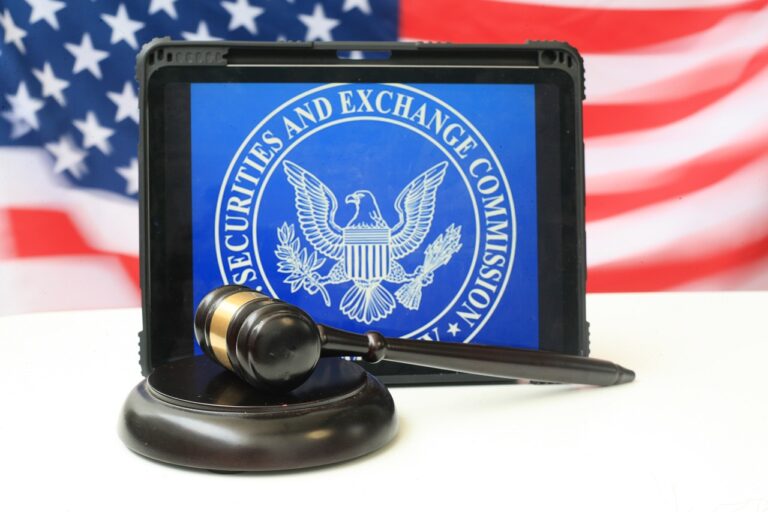On 28 August 2024, Devin Finzer, the Co-founder and CEO of NFT marketplace OpenSea, publicly addressed the receipt of a Wells notice from the U.S. Securities and Exchange Commission (SEC) via a post on the social media platform X, formerly known as Twitter. Finzer revealed that the SEC had threatened legal action against OpenSea on the grounds that the NFTs available on the platform might be considered securities.
A Wells notice is a formal notification issued by the SEC to an individual or company, indicating that the SEC is planning to take enforcement action against them for alleged violations of securities laws. The notice gives the recipient a chance to respond and present their case before the SEC makes a final decision on whether to proceed with the enforcement action.
In essence, it’s a warning that the SEC believes there may be enough evidence to bring a lawsuit or impose penalties, but it allows the recipient to argue why the action should not be taken. The notice is part of the SEC’s due process to ensure fairness before any formal charges are made.
Finzer expressed his shock at the SEC’s decision, highlighting the breadth of the potential impact. He criticized the SEC’s action, emphasizing that it represents a sweeping move against a wide array of creators and artists who utilize the OpenSea platform. Finzer firmly stated that OpenSea is prepared to stand up and fight against these charges.
In his post, Finzer contextualized this action within the broader landscape of the SEC’s ongoing scrutiny of the cryptocurrency industry. He noted that various prominent companies in the space, such as Coinbase, Uniswap, Robinhood, Kraken, and ConsenSys, have been engaged in battles against what he described as the SEC’s “single-track approach of ‘regulation by enforcement.'” Finzer pointed out that this approach has now ventured into new and uncharted territory by targeting NFTs, a move that he believes could stifle innovation on a broad scale.
According to Finzer, the SEC’s stance threatens not only OpenSea but also the livelihoods of hundreds of thousands of online artists and creatives. He expressed concern that many of these individuals might lack the resources necessary to defend themselves against such regulatory actions. Finzer argued that NFTs should be recognized as fundamentally creative goods, listing examples such as art, collectibles, video game items, domain names, and event tickets. He stressed that regulating digital art in the same manner as financial instruments like collateralized debt obligations would be inappropriate.
Finzer also shared the significant positive impact that NFTs have had on the lives of many individuals. He recounted stories from OpenSea’s history, highlighting student artists who have been able to transition to full-time careers by selling their digital art. He also mentioned indie game developers who have benefited from the ability to create open markets for their in-game items without the need to build marketplaces from scratch. Additionally, Finzer highlighted the formation of passionate collector communities from around the world, all centered around shared digital ownership.
Finzer voiced his concern about the potential chilling effect that the SEC’s actions could have on the digital art community. He referenced a legal case filed against the SEC by the musician Jonathan Mann (@songadaymann) and conceptual artist Brian L. Frye (@brianlfrye), who have expressed their fears that their sale of art and music might be deemed unregistered securities offerings.
In response to these concerns, Finzer announced that OpenSea is not only standing its ground but is also taking proactive measures to support the broader NFT community. He pledged $5 million to assist NFT creators and developers who receive a Wells notice, ensuring that all creators, regardless of their size, have the ability to innovate without fear of regulatory repercussions.
Finzer concluded his statement by expressing hope that the SEC would reconsider its approach. He urged the regulatory body to listen with an open mind and to come to its senses sooner rather than later. Until that time, Finzer affirmed that OpenSea would continue to stand up and fight for the industry and its creators.
Featured Image via Pixabay









